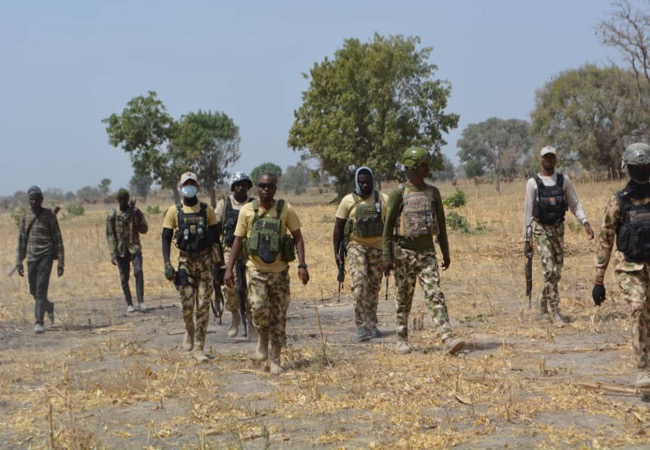Finally, Maria Arena, Chief Observer for the European Union (EU) that monitored the Nigeria’s 2019 general elections has come out bold to state that the election, which brought President Muhammadu Buhari and others to power were not transparent. The added that the elections were marred by violence and harassment of voters.
She said at a press briefing in Abuja on Saturday thet, “Overall, the EU EOM concluded the 2019 elections were marked by severe operational and transparency shortcomings, electoral security problems and low turnout.” The EU, which submitted its final report on the poll on Friday, said the elections were “marred by violence and intimidation, with the role of the security agencies becoming more contentious as the process progressed.”
The Independent National Electoral Commission (INEC), few hours to the commencement of the poll, postponed the presidential election, date by one week, from February 14 to February 23, 2019, citing logistics troubles. President Muhammadu Buhari was declared the winner of the elections, according to the electoral commission who said Buhari polled 56 percent of the votes. Buhari defeated his main challenger Atiku Abubakar by a margin of nearly four million votes in results announced by the INEC more than a week after the voting ended.
However, Abubakar, of the People’s Democratic Party, rejected the election results, calling the electoral process “militarized” and a “disservice” to Nigeria’s democracy. “If I had lost in a free and fair election, I would have called the victor within seconds of my being aware of his victory to offer not just my congratulations, but my services to help unite Nigeria by being a bridge between the North and the South,” Abubakar said. Abubakar called it a “sham election” and he is currently challenging the election results in court.
The EU EOM also faulted the leading parties, stating that they “were at fault in not reining in acts of violence and intimidation by their supporters and abuse of incumbency at federal and state levels.” The mission was present in Nigeria between January 5 and April 7, 2019, and the mission’s 40 long-term observers went to all 36 states and the Federal Capital Territory.





